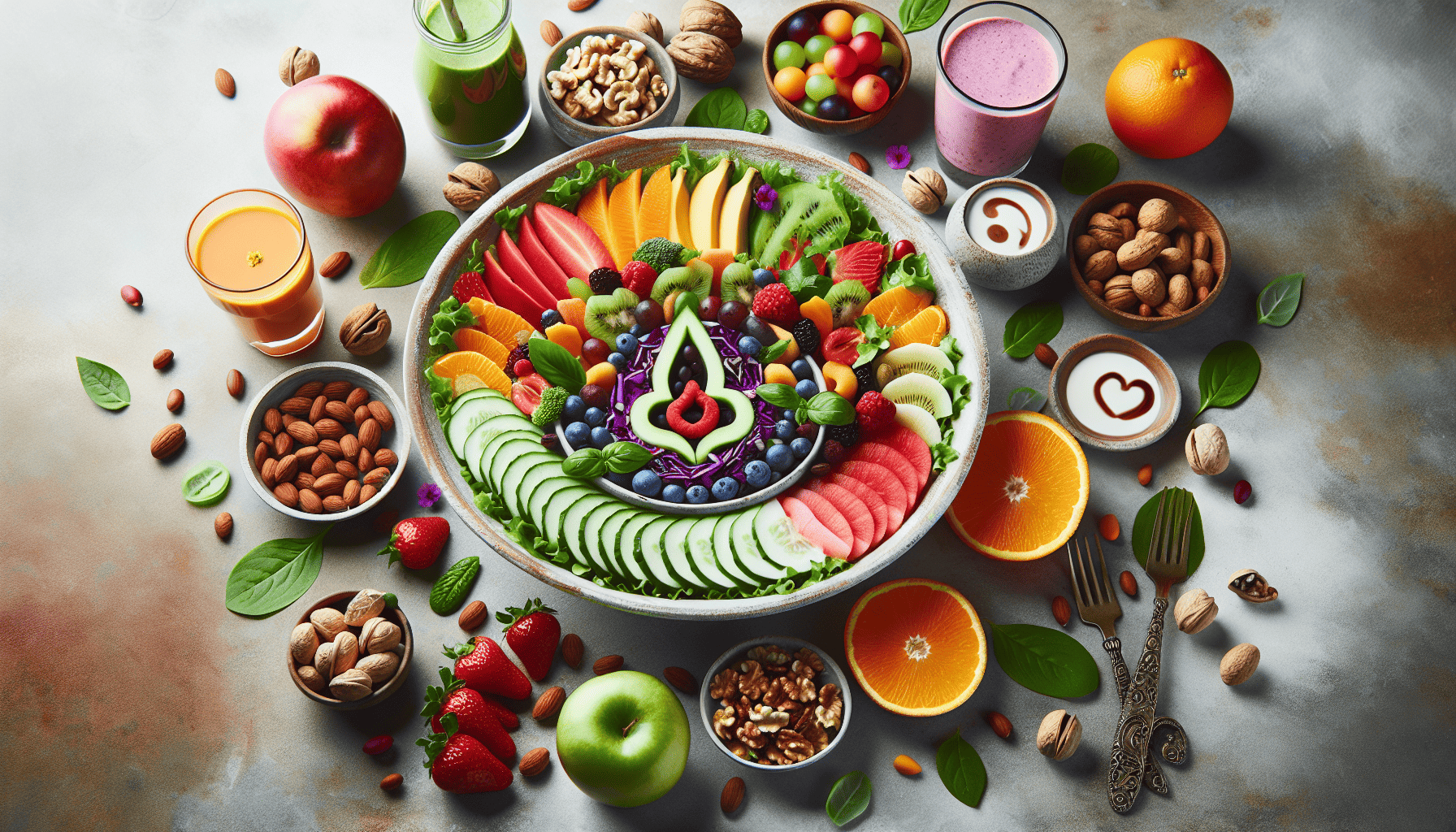In the pursuit of holistic wellness, many individuals turn to yoga, a practice that nurtures the mind, body, and spirit through movement, breath, and mindfulness. However, to truly maximize the benefits of yoga, it’s crucial to align it with mindful nutrition. Integrating proper nutrition not only supports your body during yoga practice but also enhances the overall experience. Here's how nutrition and yoga form a perfect match for optimal health.
The Synergy Between Nutrition and Yoga
Yoga is more than just physical exercise; it is a lifestyle that encompasses balance, mindfulness, and connection with oneself. Nutrition, similarly, is not just about eating but about nourishing the body, providing it with the essential nutrients to sustain energy and promote mental clarity. Both practices emphasize awareness—awareness of one's body, the sensations within it, and what it needs for wellbeing.
Energizing Your Practice
The right balance of carbohydrates, proteins, and fats is essential to fuel and recover from yoga. Whole, unprocessed carbohydrates like quinoa, brown rice, and sweet potatoes provide sustained energy, crucial for maintaining stamina during yoga sessions. Proteins from legumes, nuts, and seeds assist in muscle repair and growth, essential for more physically challenging poses. Healthy fats found in avocados, nuts, and olive oil contribute to joint health and flexibility, key aspects of a lifelong yoga practice.
Enhancing Mindful Eating
Yoga encourages mindfulness, which is intrinsically linked with nutrition. Mindful eating involves paying attention to hunger signals, savoring each bite, and recognizing the body’s cues. It enhances digestion and absorption of nutrients, ensuring the body is nourished. By practicing mindful eating, individuals can foster a better understanding of their nutritional needs, which can contribute to making healthier food choices.
Hydration: The Pillar of Wellness
Staying hydrated is a fundamental principle in both yoga and nutrition. Water aids in digestion, detoxification, and temperature regulation. For yogis, staying hydrated, particularly before and during practice, can prevent fatigue and overextension. Incorporating water-rich foods like cucumbers, watermelon, and citrus fruits in your diet can enhance hydration levels.
Superfoods for Yogis
Certain nutrient-dense foods, commonly referred to as superfoods, can provide yogis with an enhanced nutritional profile to support their practice. Leafy greens like spinach and kale are packed with vitamins and minerals that boost energy and reduce inflammation. Turmeric, with its active compound curcumin, has anti-inflammatory properties beneficial for recovery. Berries are high in antioxidants, helping to combat oxidative stress and promote brain health.
Post-Yoga Recovery
After a vigorous yoga session, the body enters a recovery mode where replenishing lost nutrients is vital. A combination of carbohydrates and protein within the first hour can optimize recovery. A smoothie with spinach, banana, almond milk, and a scoop of protein powder can be an excellent post-yoga snack. Including a source of omega-3 fatty acids, like chia seeds or flaxseeds, can also support joint health and reduce inflammation.
Implementing a Balanced Approach
Ultimately, achieving the perfect balance between nutrition and yoga requires attentiveness and customization based on individual needs. Listening to one's body and understanding its reactions to different foods and styles of yoga is essential in crafting a tailored wellness approach.
By marrying the principles of nutrition and yoga, individuals can unlock a heightened sense of wellbeing. This integrated approach not only augments physical health but also nurtures mental clarity and spiritual fulfillment. Engaging in this harmonious lifestyle can lead to a more profound yoga practice and a healthier, more vibrant life.
